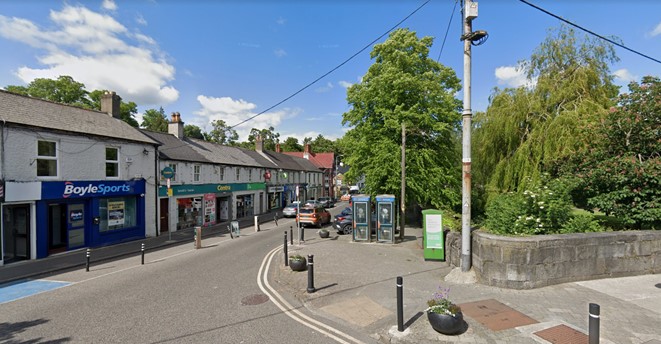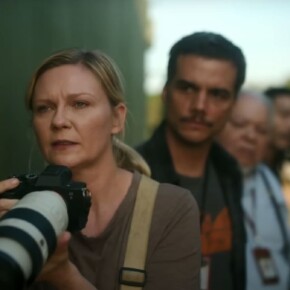Minister O’Brien called upon to test sea bathing waters year round
Gary Ibbotson 09 Apr 2021
Minister Darragh O’Brien has been called on to extend the period of when sea water is quality tested during the year.
Water in bathing areas is currently tested between May and September with testing rarely taking place outside of these months.
Donna Cooney, Green Party councillor for Clontarf, says that the rise in popularity of sea swimming over the past year warrants an extension to when water is tested.
In a letter to Minister O’Brien, Cooney says she has “requested that Ireland extend the bathing season to all year around.
“Ireland has a very narrow interpretation of the bathing directive with the season only May to September,” she says.
“I’m a regular all year-round sea swimmer in North Dublin as are many of your constituents in North Dublin.
“The water quality is not tested as regularly outside the bathing season and it is not reported by the EPA on beaches.ie so the public are not aware if it’s not safe to swim.”
The European Commission recently launched a public consultation process on the EU bathing directive requesting submissions on how to improve water quality.
Cooney says that testing sea water has become more efficient in recent years with the development of a speedier testing kit.
“There are quicker water quality testing kits that sea swimmers should have access to,” she says.
“The DCU Water Institute have developed a kit that tests the presence of enzymes, an indicator of contamination with E. coli, within 90mins – as opposed to three days for the laboratory tests to come back from the local authorities.
“Local authorities should be facilitated to make these kits available to sea swimming and water sports groups.”
Cooney says that until protocols can be established that guarantee bathing areas can be safe to swim in, testing should be done year-round.
“Until sewage treatment is fully ungraded and can reach the capacity of our population then there will continue to be over spills at Ringsend and other sewage plants, we owe it to the public to at least report if the water is unsafe to swim in, many older people or pregnant women’s health maybe put at risk,” she says.
“Sea swimming is very good for people’s well-being especially in these pandemic times, could you please make the safety of our seas for leisure activities be a priority of yours.
“All year sea swimming has become increasingly popular with the public this last year, I’m hoping that you take action to extend our bathing season as soon as possible.”
In a statement to Northside People, a spokesperson for the Department of Housing, Local Government and Heritage said that Minister O’Brien “is very aware of the increased numbers of beach users outside of the bathing season (particularly in Dublin Bay)”.
The spokesperson says that “his department is liaising with stakeholders through the Bathing Water Expert Group to determine the appetite nationally for any changes to the bathing season and/or the designation of additional bathing waters.
“There are a number of significant considerations when looking at extending the bathing season.”
These considerations include the “effective monitoring and communications of results, including potential investment in modelling tools and more rapid notifications around bathing prohibitions.
“The reality that poor weather during winter months will likely lead to more frequent bathing prohibitions.
“Provision and maintenance of services by local authorities, including lifeguards, at designated bathing waters and that the existing Irish Water construction and upgrade of wastewater treatment plants (WWTP) in the vicinity of bathing waters will have been costed on the basis of the existing bathing season.”
The statement says that the “resource and cost implications for local authorities and Irish Water of all of the above,” will have to be taken into account.
“It’s important to note that in 2019 the EPA found that 95% of bathing waters (140 of 147) met or exceeded the minimum required standard.
“This is up from 94% in 2018.
“Improvements in bathing water quality are welcome and necessary and local authorities are working to classify new waters.”












